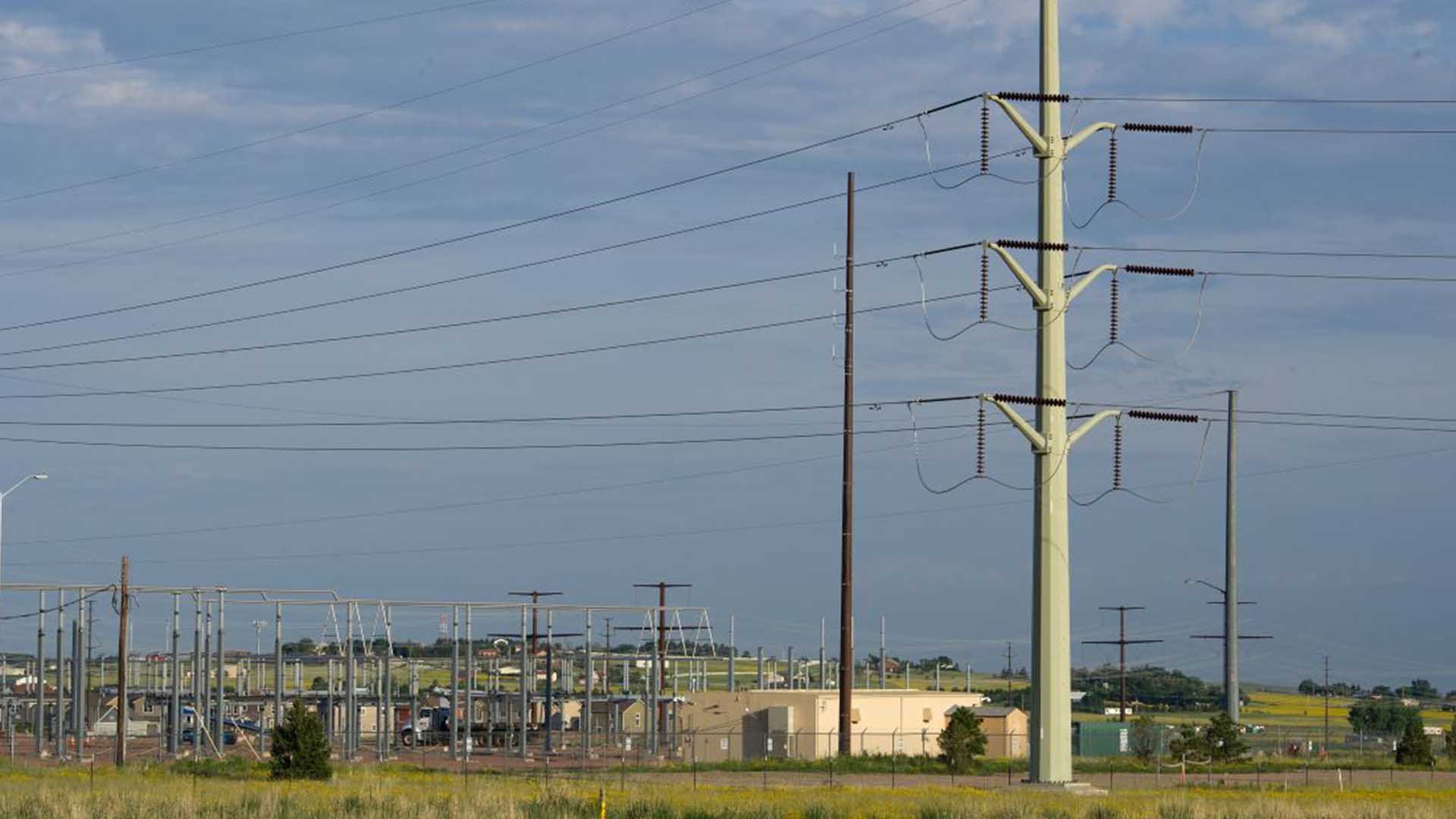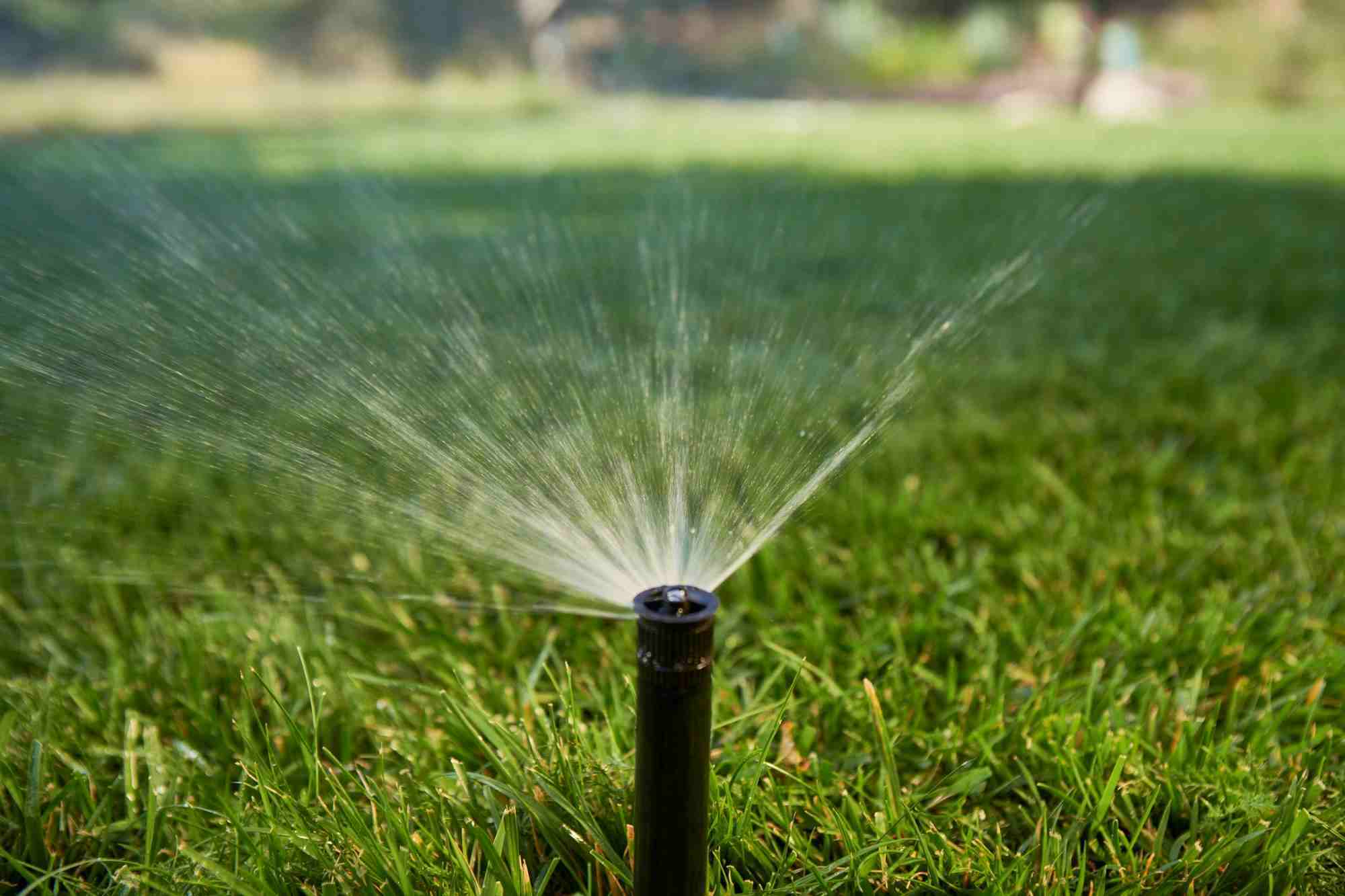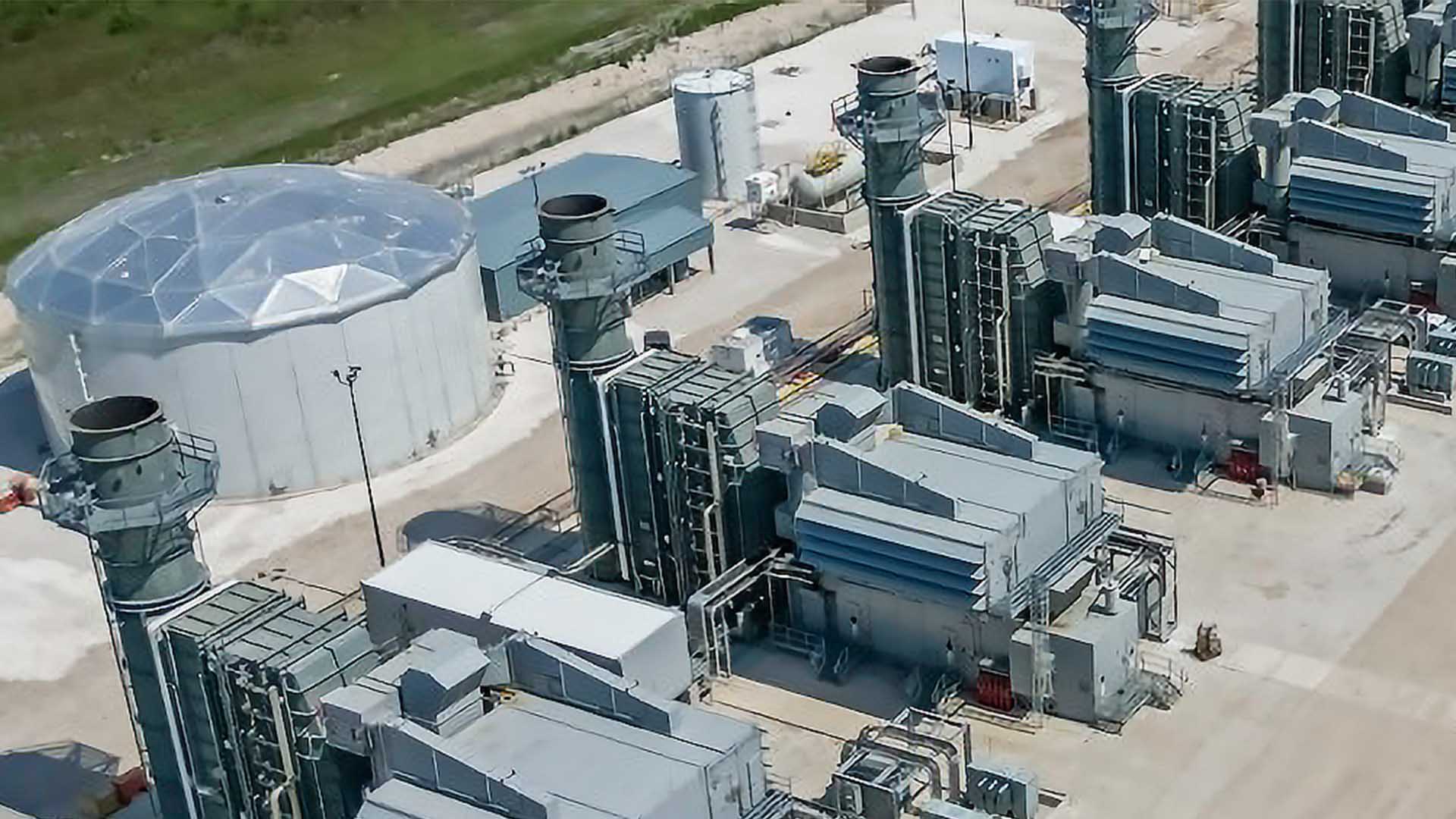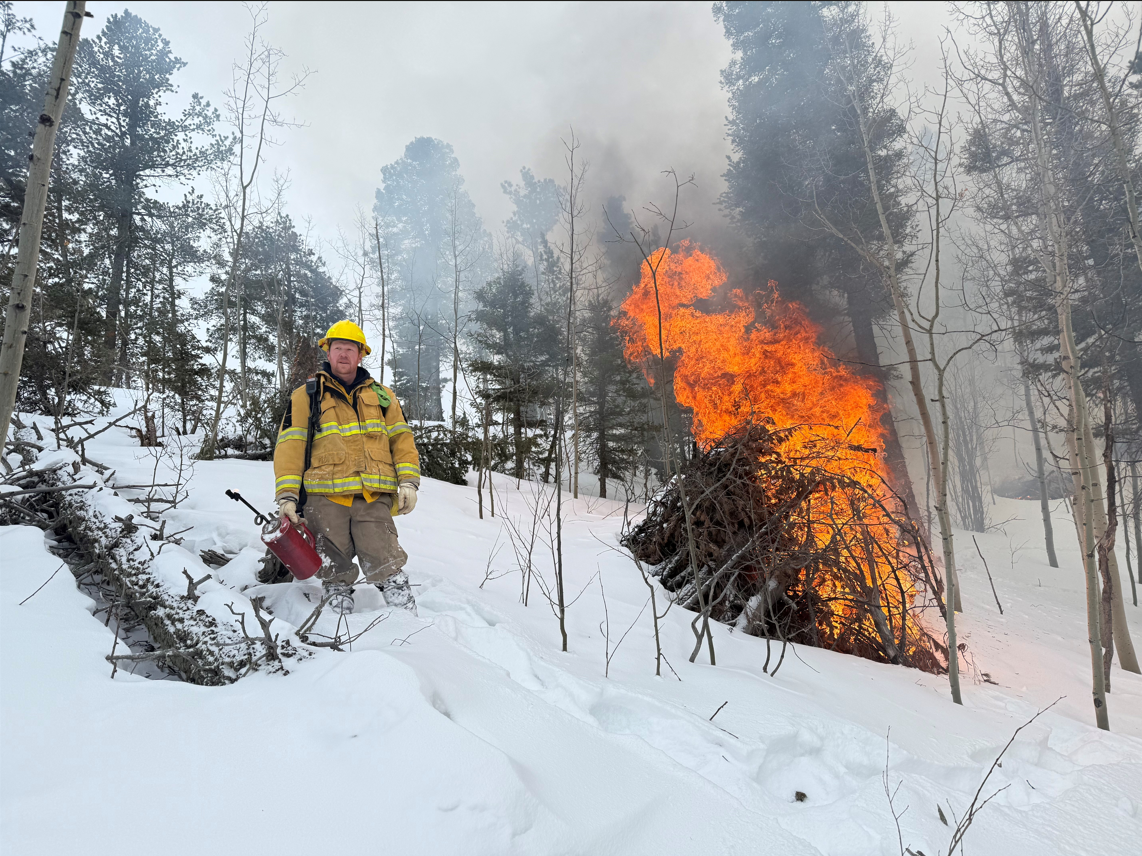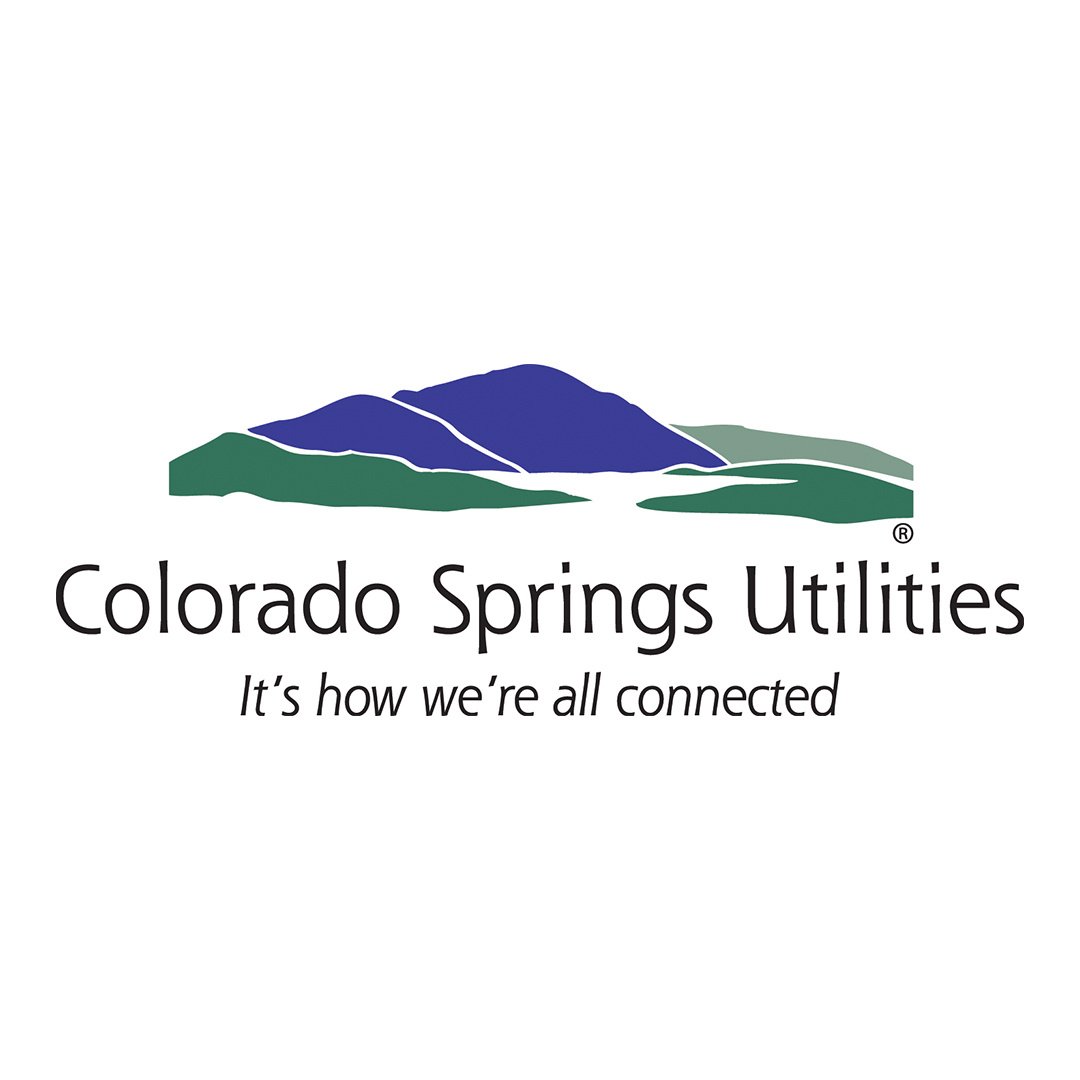
Steve B.
Duration: 1 minute
Published on December 14, 2022
Even before reaching the one-year anniversary of the Dec. 15, 2021, windstorm, we were reminded on Dec. 1, 2022, that winds can howl in our city in ways normally typical for hurricanes in the Gulf South.
Thankfully, the December 2022 winds were not as severe as those we experienced last year. Despite better conditions than December 2021, occasional wind gusts were still estimated at between 60 and 80 miles per hour. About 120 customers were without power overnight on Dec. 1 and all were restored within 4 hours.
System resiliency and reliability
Timely restoration and overall system performance does not happen by accident. As was exhibited last year, our electric crews and support staff are dedicated to our customers, safety and continuous improvement. Their hard work has resulted in a high-performing and safe electric system, even amidst extreme weather.
As we look back to the December 2021 windstorm, the hurricane-force winds – while extremely disruptive to customers and our electric system – taught us valuable lessons about our system, its resiliency during unprecedented wind and how we can improve our response to customers.
Putting lessons learned into action
Lessons learned from the 2021 storm were subsequently and successfully applied to the May 2022 late-spring snowstorm and the December 2022 windstorm. The result was improved system resiliency, more accurate customer notification tracking and enhanced outreach.
In the months that followed the December 2021 windstorm, employees from across the organization worked tirelessly to refine and improve safety protocols, command structures, collaboration, customer engagement and functionality of the online outage map.
Safety and successes
The good news is that the 2021 storm featured more than 600 personnel who worked 66,000 hours for a week straight with no employee or support staff injuries. Employees safely negotiated downed wires, trees and fatigue to restore power to all affected customers. Combined with an adherence to a formal incident command structure and a collaborative spirit, the response was an overall success.
Improved accuracy
Since the 2021 storm, we have continued to refine the accuracy of our online outage map; how we log customer notifications about outages and downed lines; and expand our customer information and engagement channels to better reach all segments of our community.
Undergrounding overhead lines
Understandably, customers affected by the 2021 storm have asked if overhead lines can be undergrounded. For context, 77% of our electric system is underground, compared to the industry average of 50%. The question of accelerating the undergrounding of our remaining overhead lines has merit. However, the cost and community impact would be extensive, as noted in our February blog. Per that blog, the Utilities Board is continually addressing the cost/benefit of our undergrounding efforts by funding existing programs and adding new ones.
Looking forward
Efficiencies have already been realized in many areas.
A new fiber network infrastructure, now under construction, will serve as the essential foundation for our utility system’s growth and grid modernization. It will improve safety and optimize customer value while improving efficiency, reducing risk, and delivering real-time data.
While we cannot prevent outages during extreme weather, we can improve the way we manage these outages and engage with those affected by them -- goals well worth pursuing.

